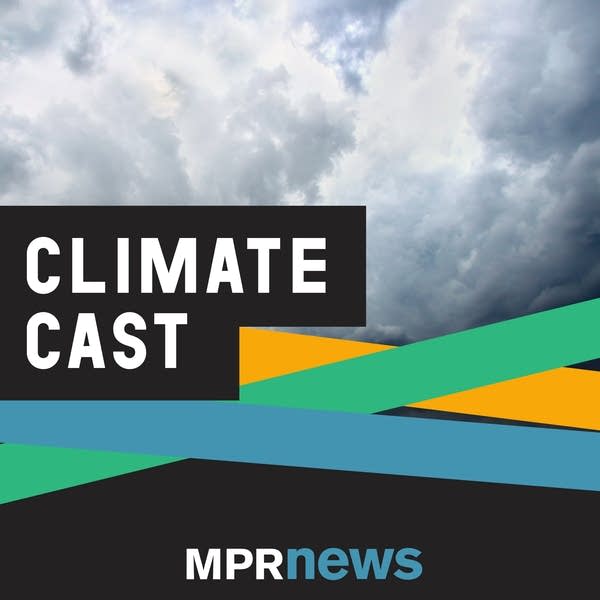
Climate Cast
MPR News
MPR meteorologist Paul Huttner discusses the latest research on our changing climate and the consequences we’re seeing here in Minnesota and worldwide. Hear Climate Cast each Thursday on MPR’s All Things Considered.
Subscribe on Apple Podcasts, Google Podcasts, Spotify, or RSS.












